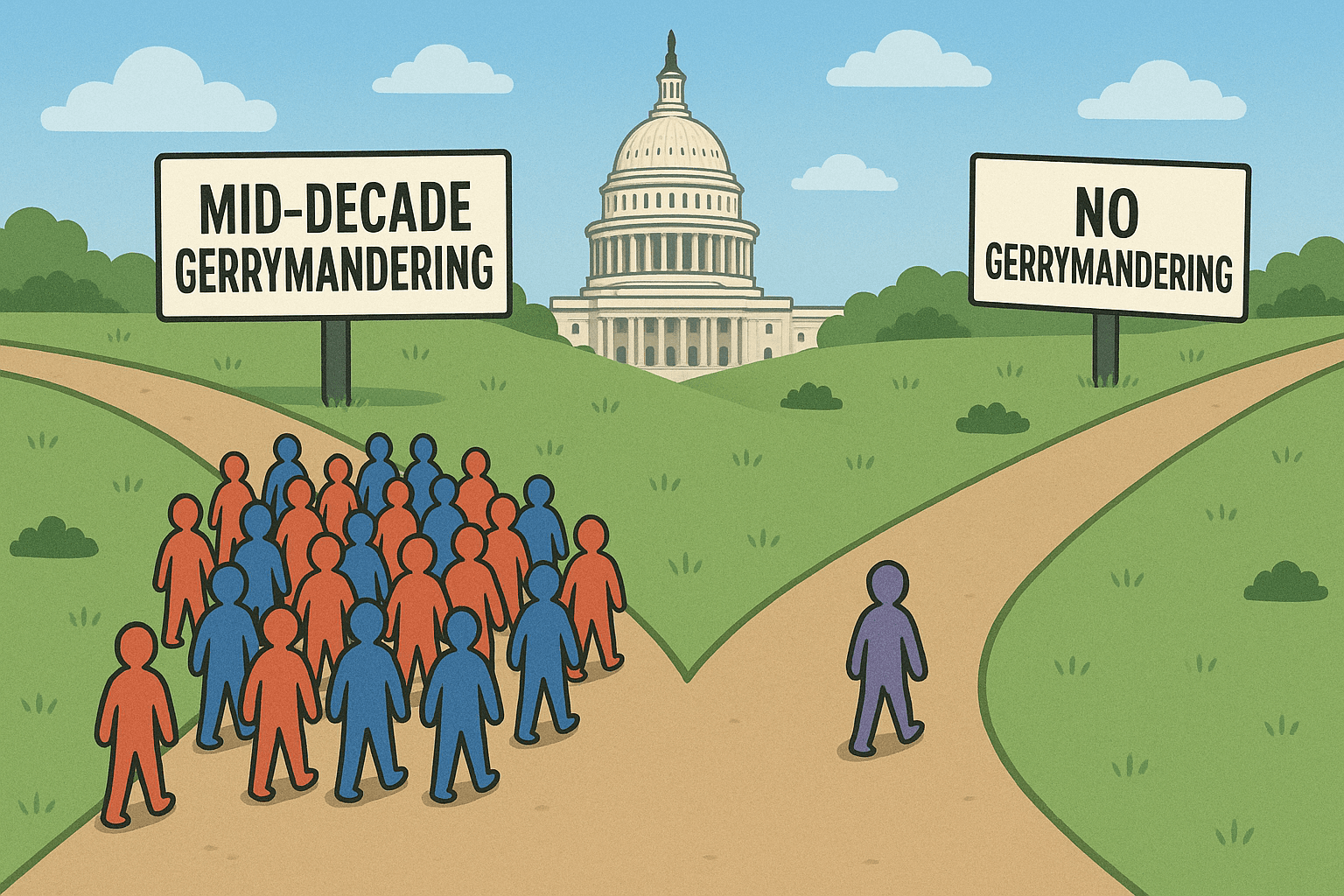Centrist Project Voice Endorses 5 Independent-Minded Candidates

The Centrist Project Voice, a political action committee the Centrist Project says is the first to support candidates ready to set partisanship aside and "focus on the core issues of critical importance to all Americans," on Wednesday announced 5 U.S. Senate candidates it has endorsed, including Larry Pressler of South Dakota, who the PAC made its inaugural endorsement in May.
The four names added to the list of endorsements along with Larry Pressler are Republican Susan Collins of Maine, Democrat Michelle Nunn of Georgia, independent Greg Orman of Kansas, and American Party candidate Jill Bossi of South Carolina.
"The Centrist Project Voice is pleased to be able to support Susan Collins, Larry Pressler, Michelle Nunn, Greg Orman, and Jill Bossi in their bids to serve the American people by focusing on the critical and mainstream issues that face our country," said Centrist Project Founder Charles Wheelan, a senior lecturer and policy fellow at the Rockefeller Center at Dartmouth College and the bestselling author of Naked Economics.
"Each of these candidates embody the Centrist Principles, (fiscal responsibility, environmental stewardship, social tolerance, economic opportunity and a pragmatic approach to solving core policy challenges) as being the bedrock for how to approach public policy matters in the Senate in order to break the partisan deadlock that grips Congress and move America forward."
The most well-known candidate is also the only incumbent on the list. U.S. Senator Susan Collins was first elected in 1996 and is currently serving her third term in office. Collins is a moderate Republican who is respected by her colleagues on both sides of the political aisle. Her accomplishments in working with lawmakers in both parties have made her popular not only among moderate Republicans and Democrats, but independent-minded voters as well.
As the ideological divide between the two major parties widens, the definition of "partisanship" is shifting to the political extremes. Thus, an election system that encourages only the most partisan to participate is producing candidates who are less likely to compromise or work across the aisle. Members of Congress spend more time pointing fingers than working together to find real solutions to the nation's biggest problems.
Many voters want change, but are disenchanted by a system that offers little opportunity for it.“Political infighting in general, both Republican and Democrat, turns off voters and makes them cynical. Politics today has changed, where the ‘art of persuasion’ has become the ‘art of misinformation,’” Greg Orman said in a previous interview for IVN.
Even though lawmakers are becoming more partisan, the American electorate as a whole is not. Many Americans want to see more lawmakers like Susan Collins in Congress. Often times, though, if a candidate is not affiliated with either major party, they face major hurdles, including election laws that place heavy restrictions on their ability to access the ballot and raise funds.
"The Centrist Project Voice is designed to empower the neglected but growing political middle by channeling the support of centrist Americans from across the country to a handful of key U.S. Senate candidates," the organization said in a press release.
While every election year is important, control over the U.S. will be hotly contested in the 2014 general election. Whether Republicans take control or Democrats keep it, the Centrist Project believes that a coalition of a few pragmatic moderates "would have a disproportionate impact on the chamber as a whole."
“This is about fighting back against the extremists in both parties,” said Wheelan. “Instead of throwing up our hands at the dysfunction and partisanship, we’ve found a way for Americans who are fed up with the extreme right and the extreme left to do something constructive about it.”
Photo Credit: Larry Pressler / Facebook



